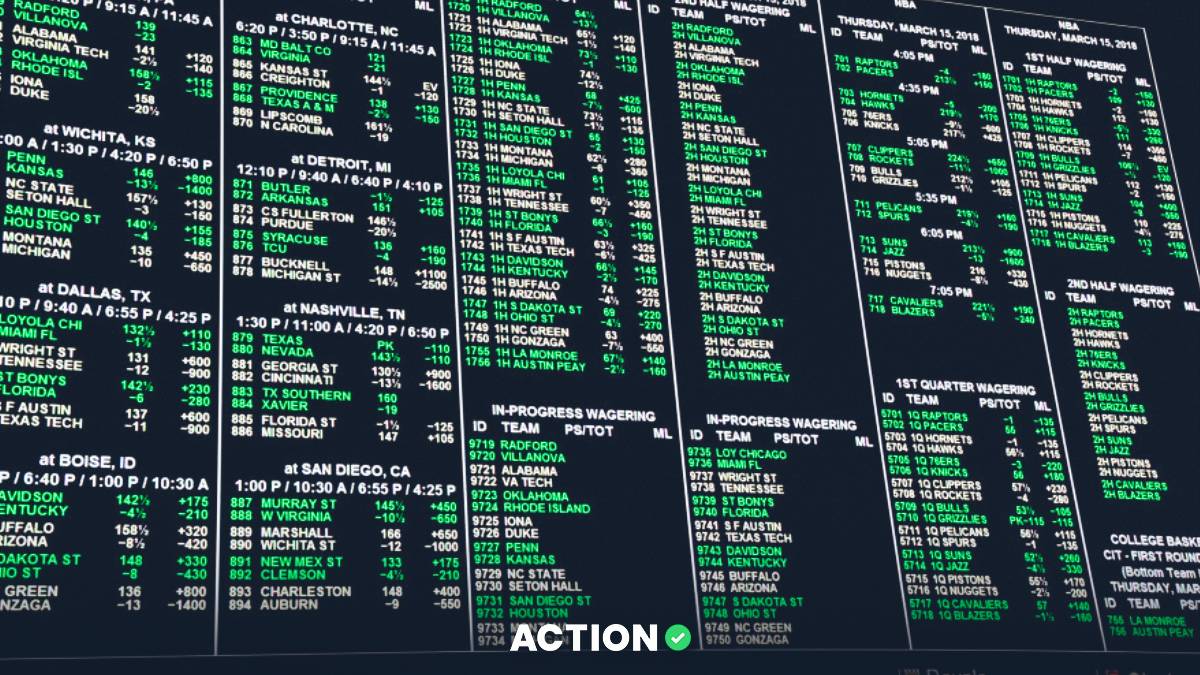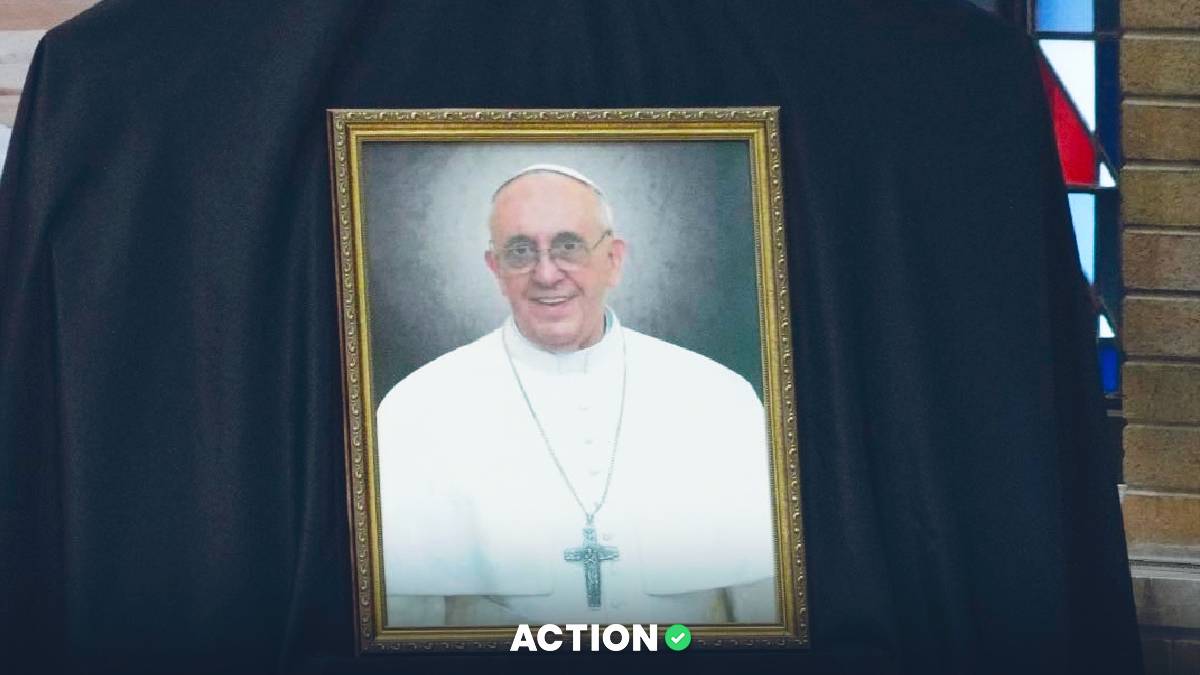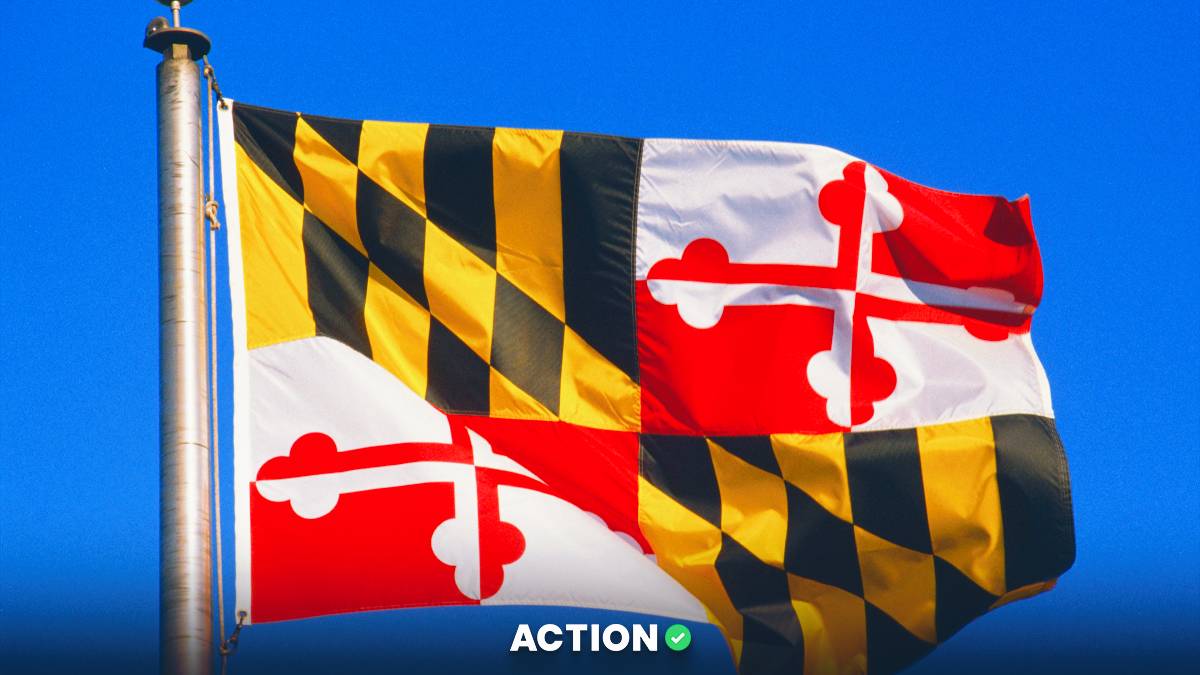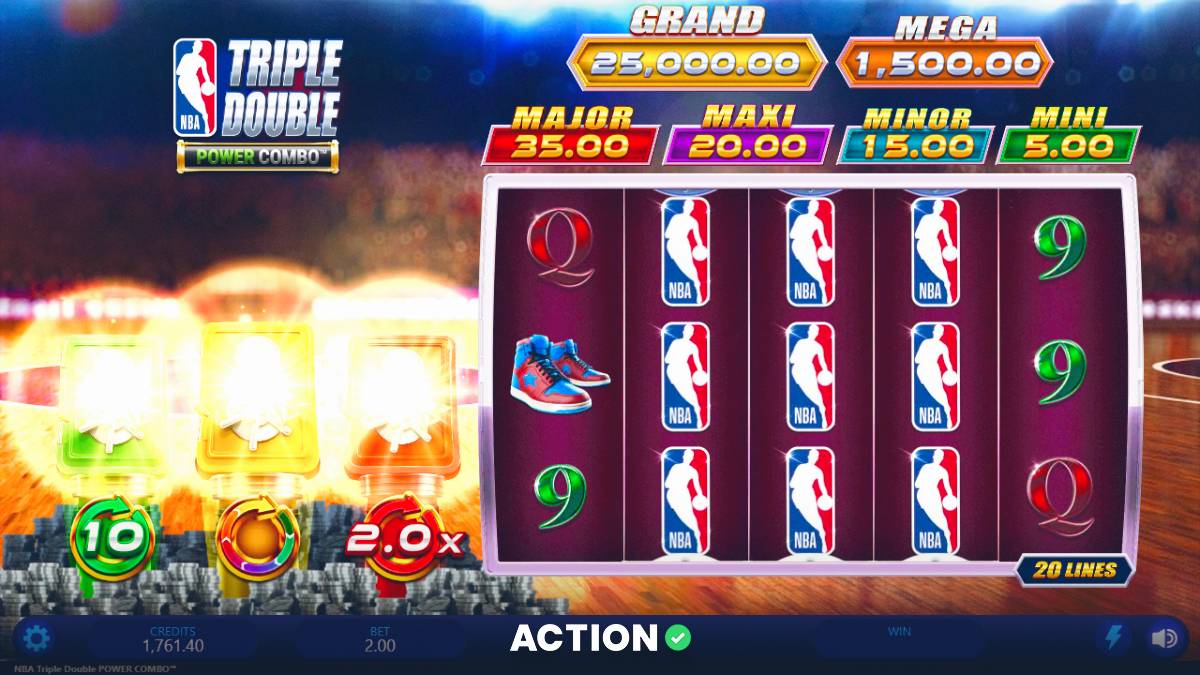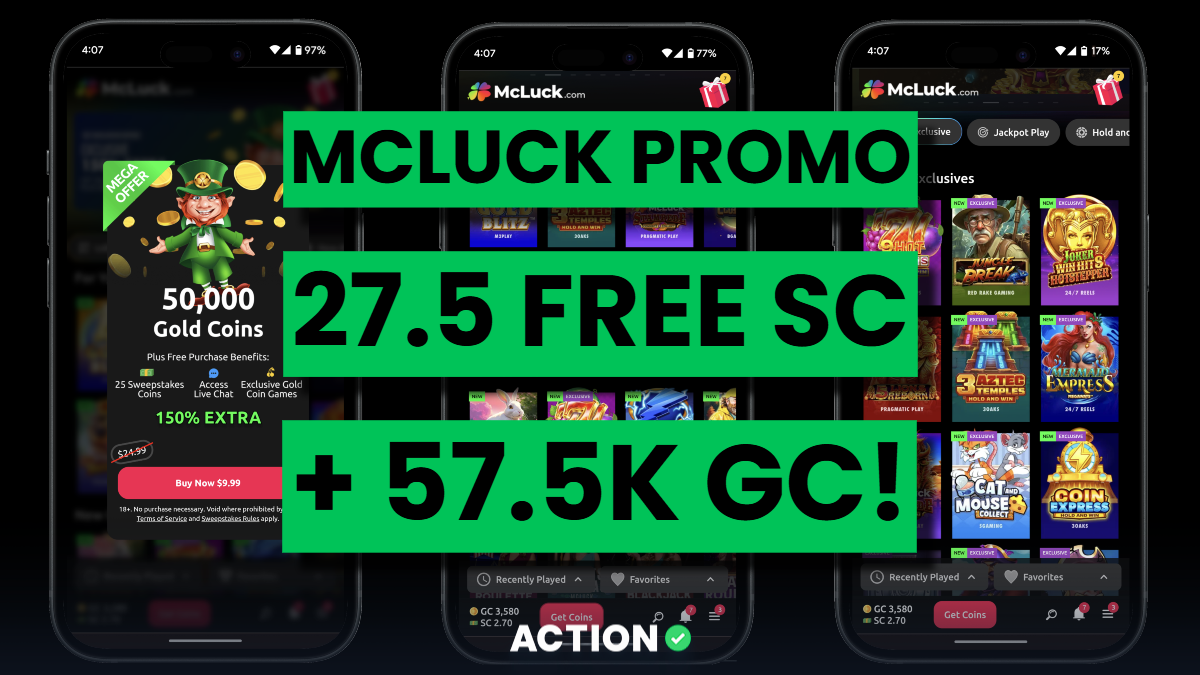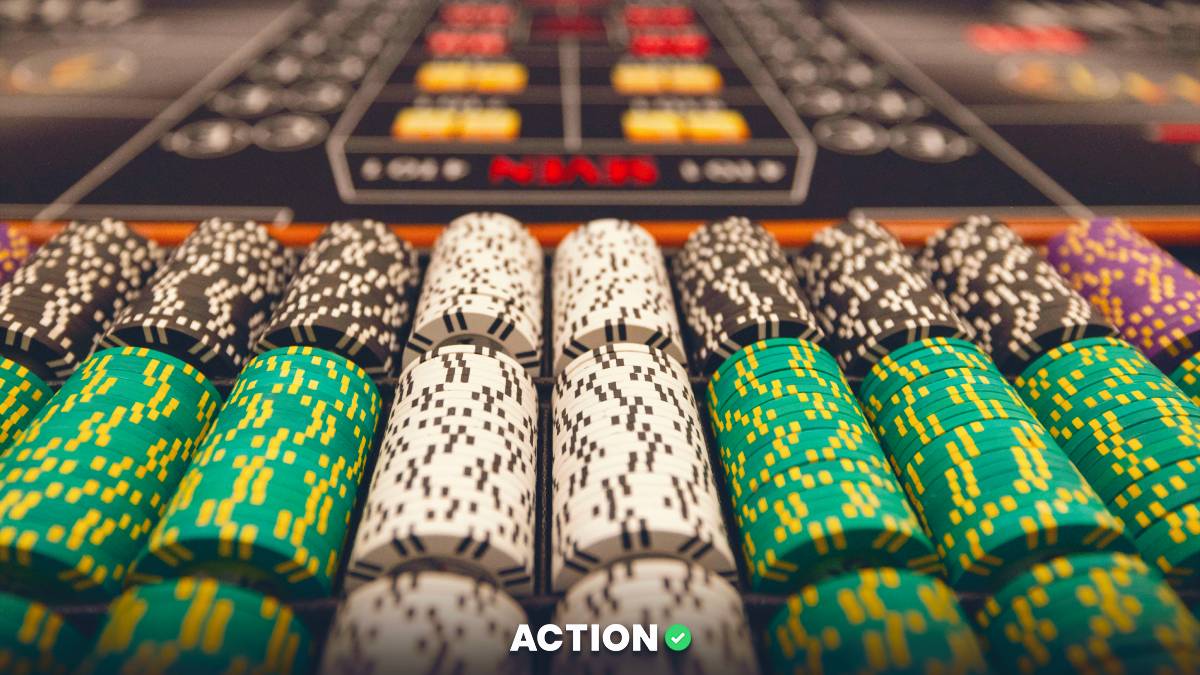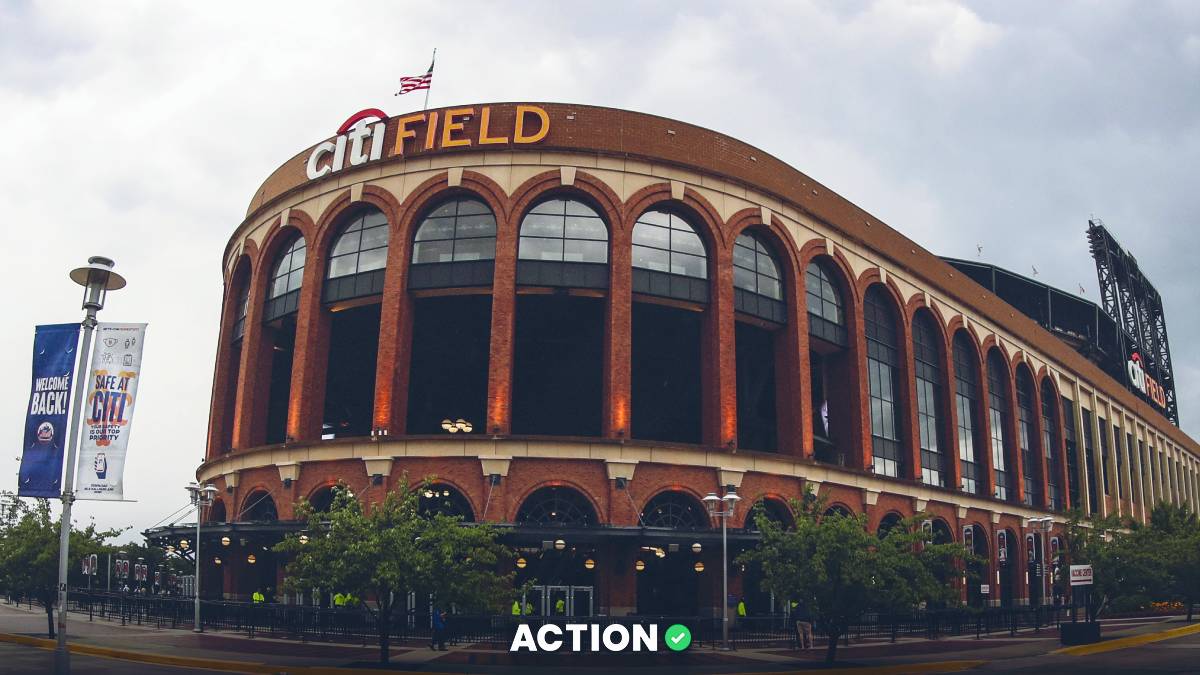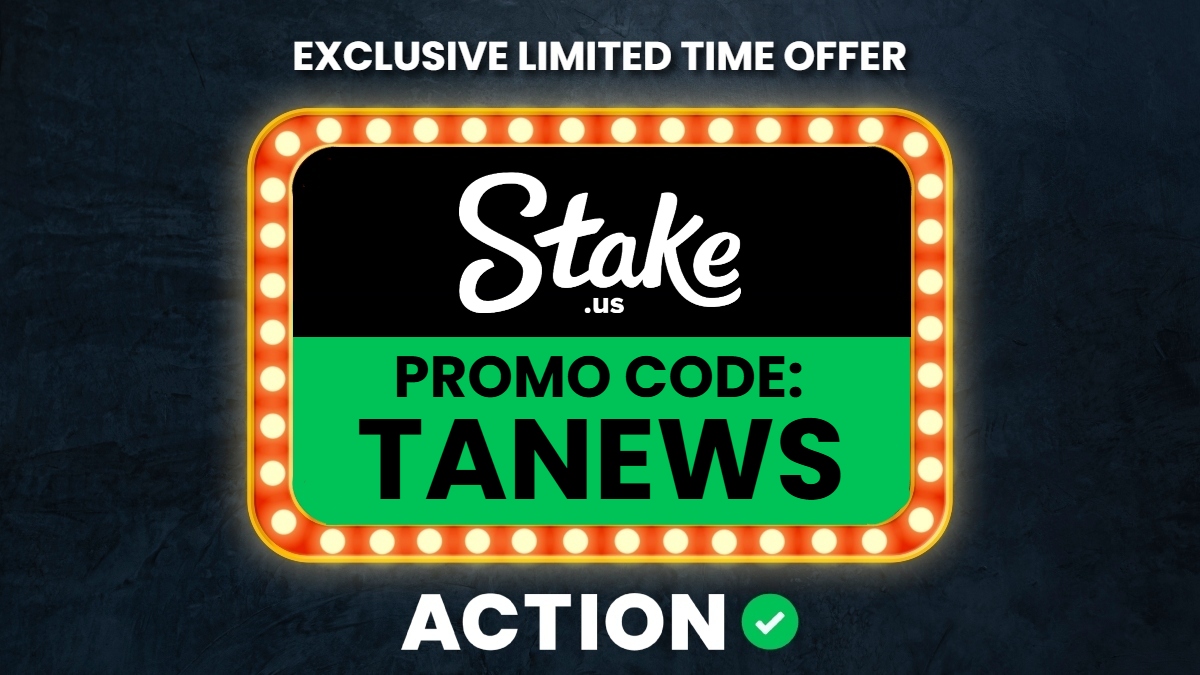The mood around sports betting in California is changing as DraftKings and FanDuel express interest in collaborating with local tribes instead of competing against them.
Speaking at the Indian Gaming Association’s annual tradeshow and convention in San Diego, leaders from both companies discussed their vision for working with tribes to bring sports betting to California.
It’s the most evident indication yet that tensions are easing around sports gambling in the Golden State.
California Sports Betting Legalization Possible
During the conference, Jason Robins, CEO of DraftKings, and Christian Genetski, president of FanDuel, joined Victor Rocha, a prominent tribal leader, to discuss sports betting's role in tribal gaming. The conversation was focused on cooperation rather than conflict.
Genetski spoke about wanting to learn more about tribal sovereignty and how it applies to their operations. Robins highlighted the importance of California, saying it has the potential to greatly influence their future growth.
“In most states, we are partnered either with a tribe, a racetrack, sports team or casino,” Genetski said when discussing tribal deals. “In all those partnerships, we take the same high-level philosophy, which is, we are going to be in business together for a long time.”
Sports Betting Alliance Also Involved
On top of that, the Sports Betting Alliance — made up of DraftKings, FanDuel, BetMGM and Fanatics — is working on a plan to make sports betting legal in California, and they want to team up with the state's tribes to do it.
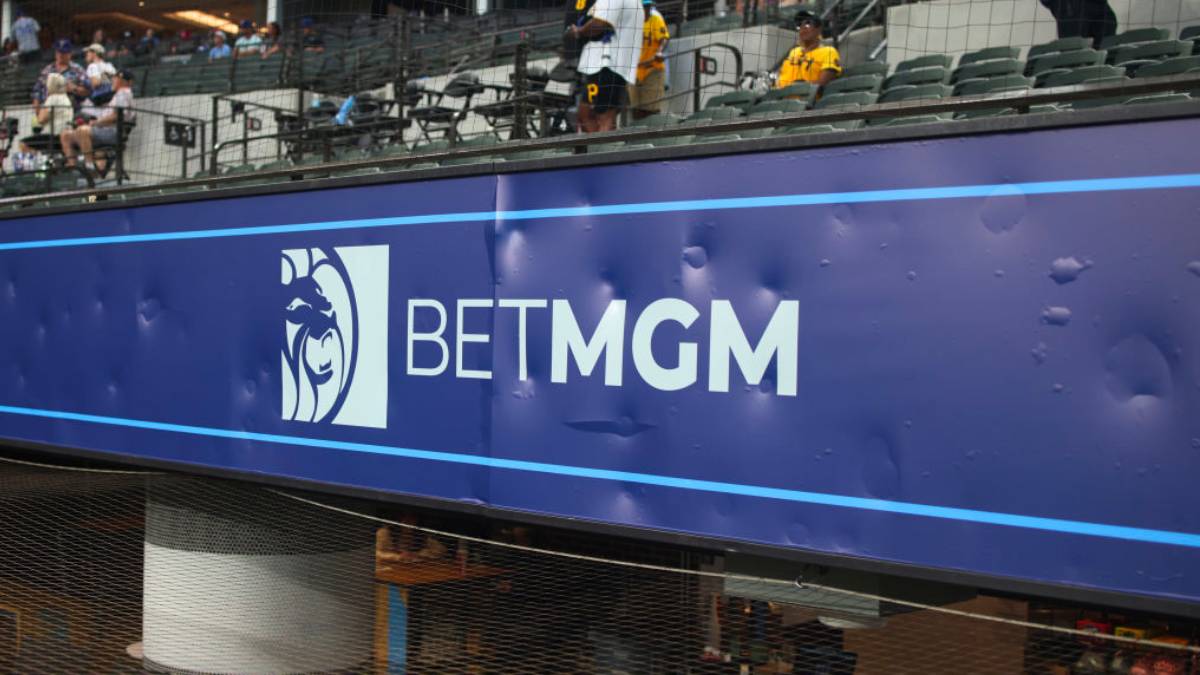
If the tribe decides to partner with the SBA, the four major sportsbooks will compete against each other, share their revenue with the tribes, and also pay each tribe a guaranteed minimum amount every year.
Again, another positive step towards legalization.
Michigan Partnership Shows Cooperation in Action
In 2020, DraftKings made its first partnership with a tribe by signing a deal with Bay Mills Resort & Casino in Michigan. This agreement helped DraftKings enter the tribal gaming market and gave it access to a well-established gaming community.
“Each state is different, but what we saw at Bay Mills was a tribe that really wanted the partnership and understood that this was something that could truly be a win-win,” Robins said during the discussion. “I feel like what we’ve been able to do together has been impactful for us and impactful for them, and that’s what is really important to us.”
Genetski explained that FanDuel, which doesn't have its own land-based casinos, only operates through partnerships. The goal is to build long-term business relationships where they trust each other and share the profits.
Previous Ballot Measures Failed in California
The 2022 election brought DraftKings and FanDuel head-to-head with California tribes over sports betting legislation.
Two competing propositions were introduced: Proposition 26, which would have allowed sports betting at tribal venues and race tracks, and Proposition 27, which advocated for online sports gambling, including platforms like DraftKings and FanDuel.
Both measures, however, failed despite nearly $460 million spent on campaign efforts.
The results clearly favored California's dominant gaming tribes, demonstrating their significant control over the state's gaming landscape. You even see it in other instances, like the card room battle.
Tribal Authority in California Sports Betting Decisions
Last year, tribal leaders made their stance clear at the conference: When and how sports betting enters California will be their decision. Companies like DraftKings and FanDuel, they stated, would play a supporting role, strictly as service providers.
It appears that DraftKings and FanDuel have gotten the message.
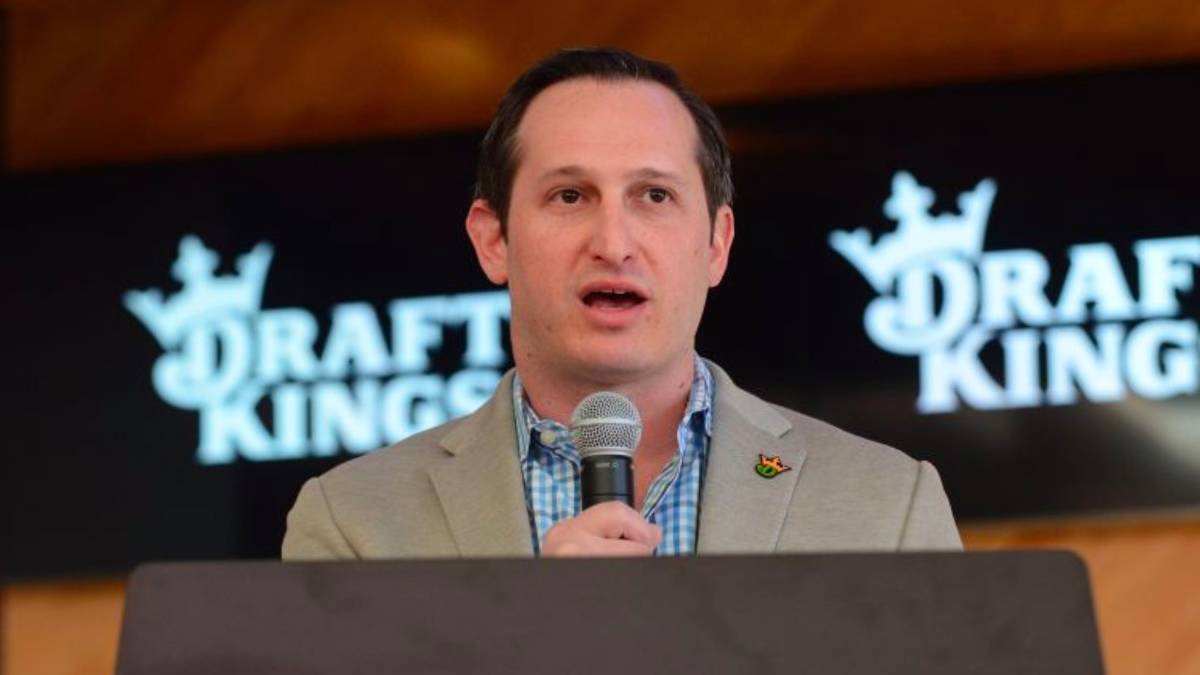
“We’ve said that we still believe that a solution for California creates winners across the board and, most importantly, creates a real generational opportunity for tribes in California,” Genetski said. “We know that conversation needs to be driven and led by the tribes.”
California can't look at legalizing sports betting again until 2026. It's not clear if the tribes and big sports betting companies will be ready by then, but they are definitely working on improving their relationships. If something doesn't happen next year, the next chance won't come until 2028.
The recent talks are an important move toward working well together, showing that the future of sports gambling in California could hinge on these partnerships.


